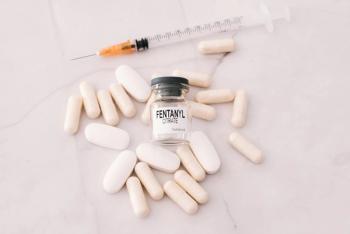
Mark Garofoli, PharmD, BCGP, CPE, CTTS, shares his pain management expertise and discusses current developments in the US opioid epidemic.

Mark Garofoli, PharmD, BCGP, CPE, CTTS, shares his pain management expertise and discusses current developments in the US opioid epidemic.

Researchers investigate women’s experiences in accessing either prescription or OTC contraceptives.

Finerenone shows promise in reducing kidney damage for type 1 diabetes patients, marking a significant advancement in chronic kidney disease treatment.

To optimize vaccine strategies among young people with Down syndrome, researchers explore the prevalence of adequate immune responses following pneumococcal vaccination.
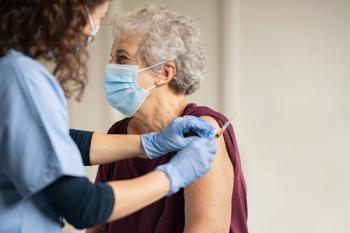
Older adults with dementia face significantly higher COVID-19 risks, highlighting the need for targeted health strategies during pandemics.

FDA approves lumateperone as an adjunct therapy for major depressive disorder, offering new treatment options for this indication.
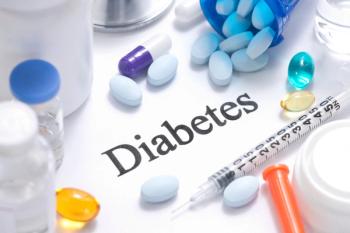
A study reveals tailored glucose monitoring intervals for type 2 diabetes patients based on HbA1c levels, enhancing long-term management strategies.

Experts discuss the implications of the Most Favored Nation drug policy, discussing its impact on pricing, community pharmacy, and patient safety in the final part of a webinar series.

Due to humans’ physiologically premature nature, researchers explore maternal psychological distress and childhood neurodevelopment.

Clipper F. Young, PharmD, MPH, CDCES, BC-ADM, BCGP, discusses the Touro University California, pharmacist-led Pharm2Home initiative.

A study reveals a significant decline in inhaled corticosteroid use among COPD patients, highlighting the need for careful management and monitoring.
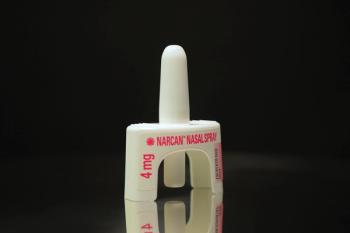
Researchers explore OTC naloxone sales sold independently at pharmacies and programmatically from 2023 to 2024.

Conversations about contraceptive options have grown more frequent—and often more polarized—on social media platforms.
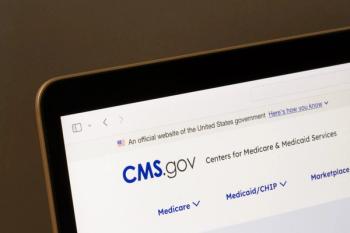
Lisa Schwartz, PharmD, discusses community pharmacies’ displeasure with provisions backing the Medicare Drug Price Negotiation Program.

The FDA releases its updated recommendations and scientific considerations for the demonstration of safety and efficacy among biosimilars and their reference products.

A recent study reveals COVID-19 vaccine safety and varying disease activity impacts for systemic lupus erythematosus patients, highlighting important insights for immunization.

The regimen did not show signs of significant hypoglycemia and had a low prevalence of edema despite modest weight gain.

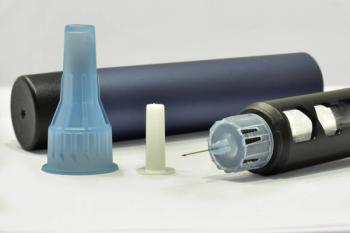
Leaders of the FDA, the US Department of Health and Human Services, and the Centers for Medicare & Medicaid Services announce new guidelines and a framework for less expensive biosimilar development.
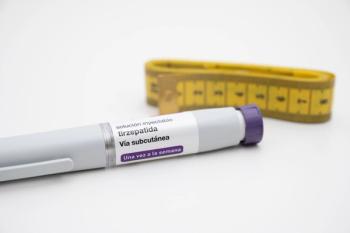
Eli Lilly and Walmart collaborate to enhance access to Zepbound for obesity management, offering direct-to-consumer pricing and nationwide pharmacy pickup.

The approval includes a single and once monthly maintenance injection compared with 2 100 mg/1 mL injections.

Alyssa Mack, PharmD, discusses events like the pandemic and new pharmacy laws that have allowed for an expansion of pharmacists’ scope of practice.
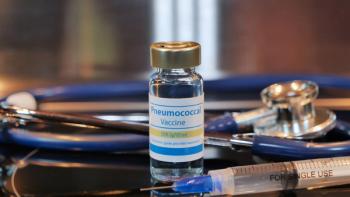
Pneumococcal conjugate vaccines significantly reduce pneumonia incidence in children, but safety concerns warrant further investigation in future studies.

Georgia Travlos, PharmD, discusses changes in influenza and respiratory syncytial virus immunizations and coadministration best practices.

A study reveals that lower baseline BMI and early weight loss with liraglutide enhance significant weight loss outcomes in patients with type 2 diabetes.

Patients and physicians favor at-home remdesivir treatment for COVID-19, highlighting satisfaction and confidence in telehealth and nursing support.
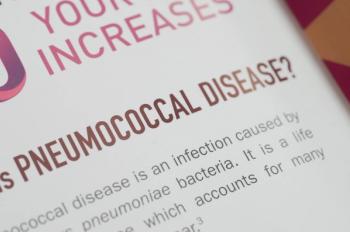
PCV21 improved all outcomes for individuals aged 19 to 64 years, including invasive pneumococcal disease, postmeningitis sequelae, and nonbacteremic pneumococcal pneumonia.

Research reveals no significant disparities in cardiovascular disease incidence linked to mental disorders after the COVID-19 pandemic.
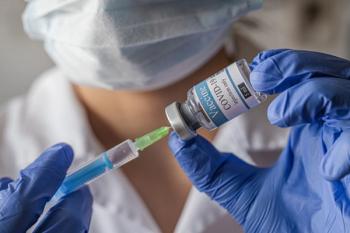
Investigators explore how long COVID impacts trust in vaccines, revealing diverse patient experiences and the need for better communication in public health.

Pharmacists can help patients navigate the vast array of OTC options for effective pain relief, fever reduction, and targeted symptom management.